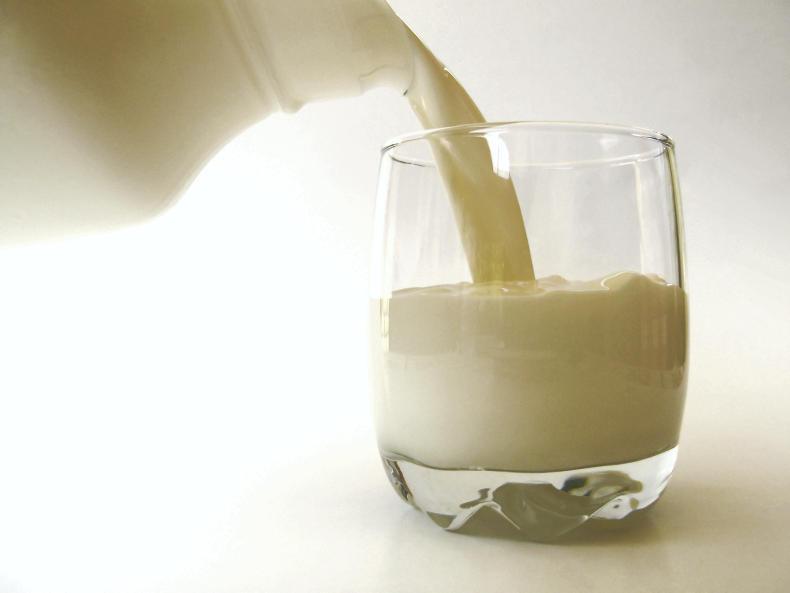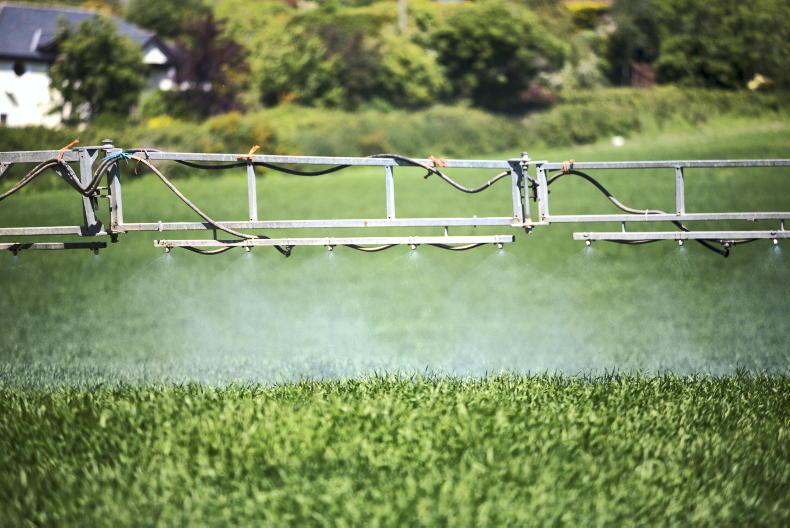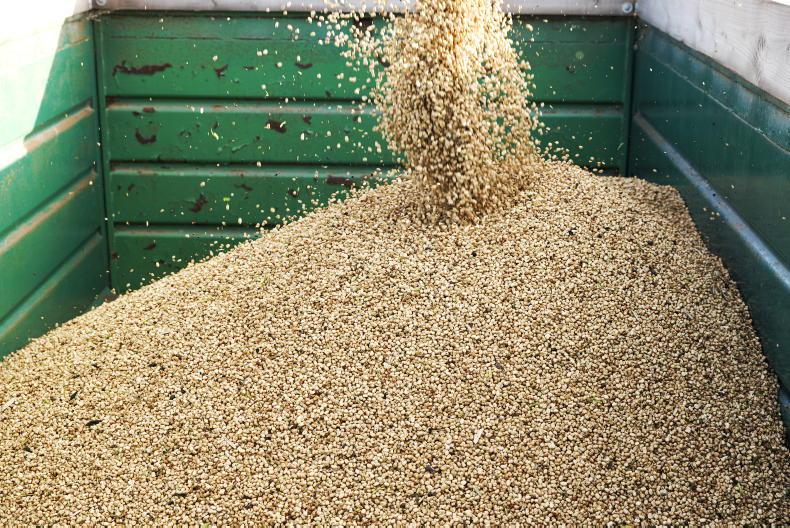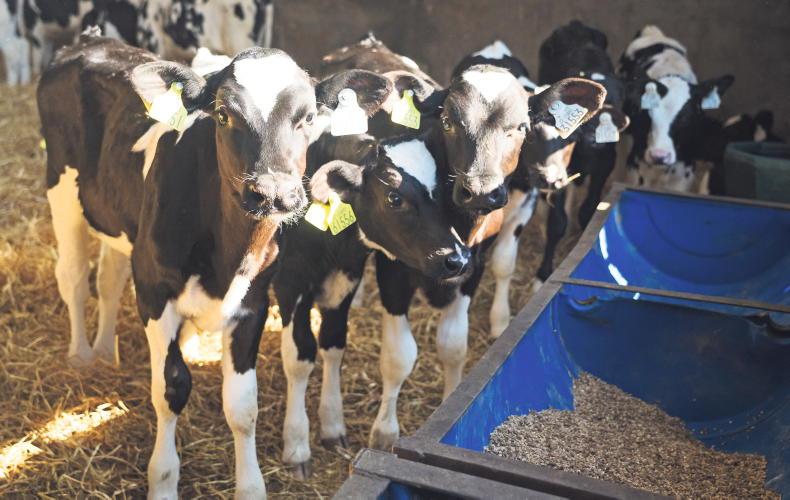The European Dairy Association (EDA) has issued new guidelines for the voluntary origin labelling of dairy products.
It coincides with the European Commission publishing new rules on voluntary origin labelling of foods. The new rules are intended to provide clarification in the sector. Some member states have already introduced their own national rules on mandatory origin labelling.
The EDA’s secretary general Alexander Anton said he hoped that the guidelines would “stop the process of disruption of the internal market caused by the introduction of national rules on mandatory origin labelling of food products in several member states".
French rules
Last year, France was the first country to force manufacturers of dairy products to indicate on the label where the milk came from, on a pilot basis.
The EDA has said it is committed to ensuring accurate and credible labelling information for EU consumers, and highlighting specific origin links of a product, where the food business operator wishes to do so.
The majority of EDA members have fully supported the Commission’s work towards harmonisation of voluntary origin labelling, with the exception of its German members would do not support the position.
The guidelines state if a business wishes to voluntarily label the origin of a product, then the primary ingredient should all come from the same member state or region. If that is not the case both the origin of the food and the origin of the dairy ingredients should be displayed.
Details on the EDA guidelines can be found here.
Read more
Leaked DG AGRI report says milk country of origin labelling should be voluntary
Labelling laws for vegan products
The European Dairy Association (EDA) has issued new guidelines for the voluntary origin labelling of dairy products.
It coincides with the European Commission publishing new rules on voluntary origin labelling of foods. The new rules are intended to provide clarification in the sector. Some member states have already introduced their own national rules on mandatory origin labelling.
The EDA’s secretary general Alexander Anton said he hoped that the guidelines would “stop the process of disruption of the internal market caused by the introduction of national rules on mandatory origin labelling of food products in several member states".
French rules
Last year, France was the first country to force manufacturers of dairy products to indicate on the label where the milk came from, on a pilot basis.
The EDA has said it is committed to ensuring accurate and credible labelling information for EU consumers, and highlighting specific origin links of a product, where the food business operator wishes to do so.
The majority of EDA members have fully supported the Commission’s work towards harmonisation of voluntary origin labelling, with the exception of its German members would do not support the position.
The guidelines state if a business wishes to voluntarily label the origin of a product, then the primary ingredient should all come from the same member state or region. If that is not the case both the origin of the food and the origin of the dairy ingredients should be displayed.
Details on the EDA guidelines can be found here.
Read more
Leaked DG AGRI report says milk country of origin labelling should be voluntary
Labelling laws for vegan products










SHARING OPTIONS